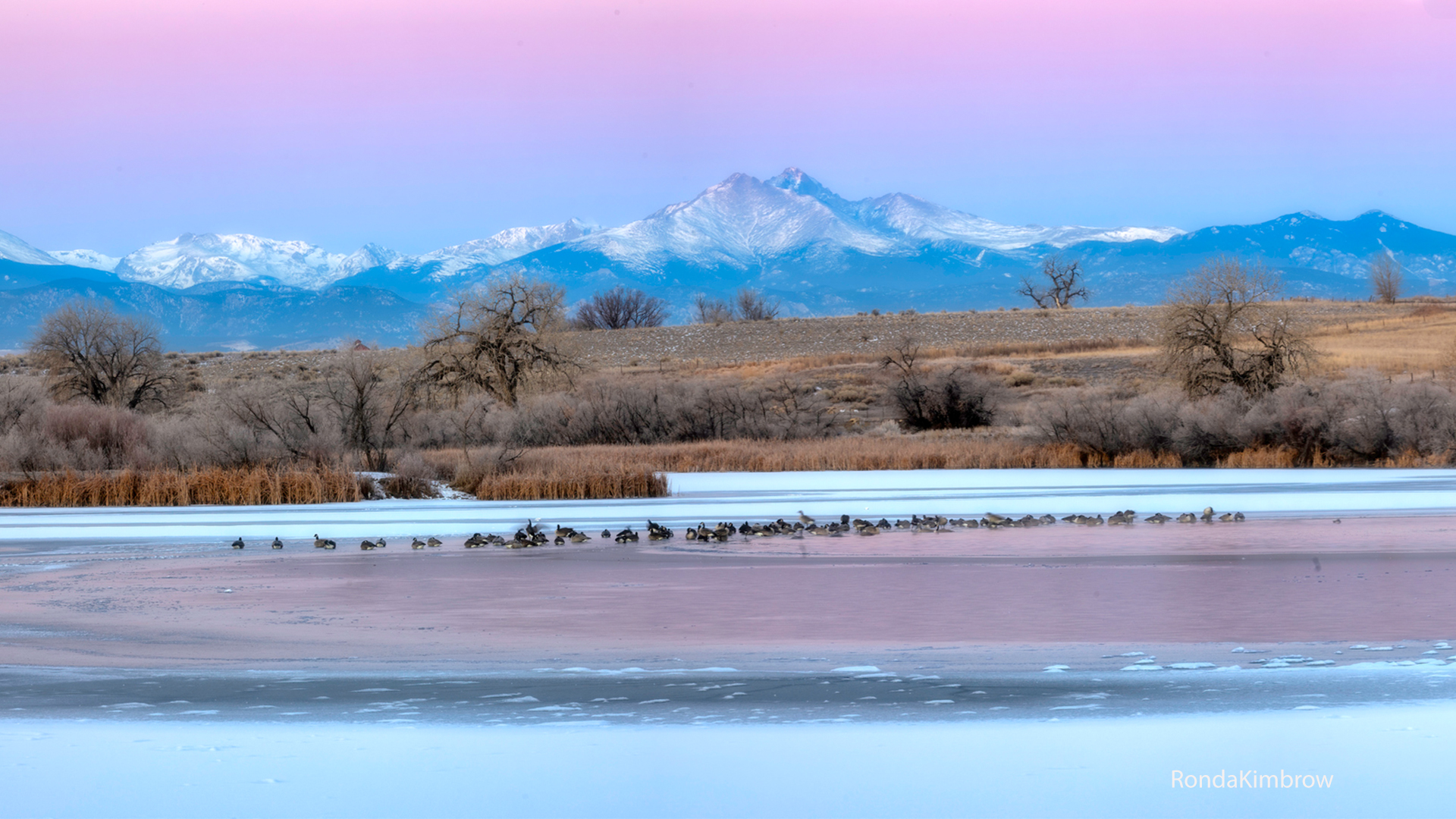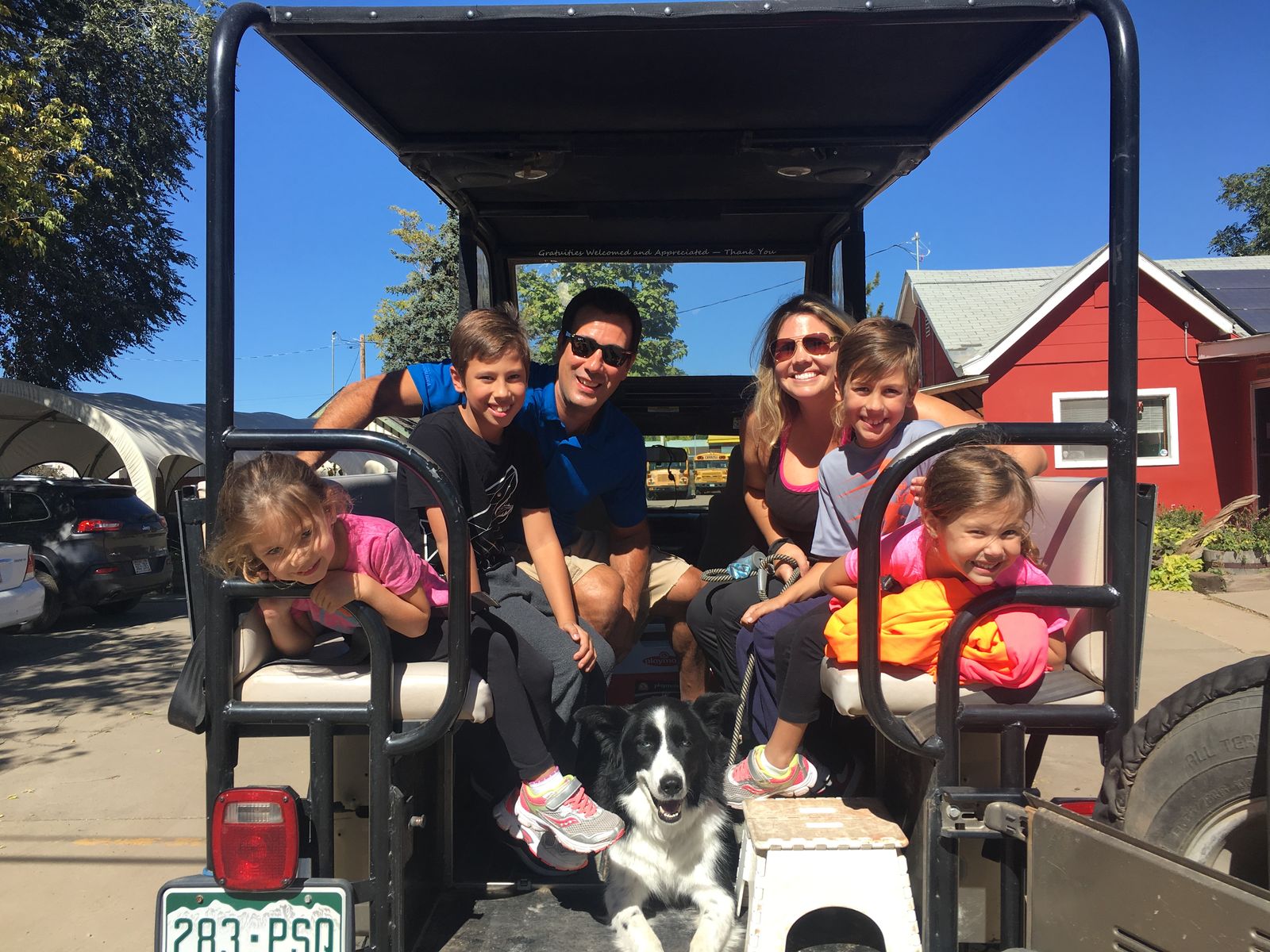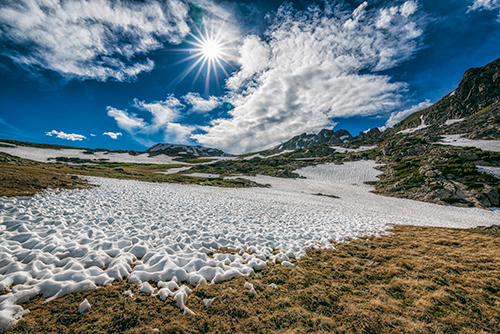Acclimating to Higher Altitude
Acclimating to Colorado
Acclimating How to Prepare Before and During Your Trip
Taking a trip to Colorado means acclimating to higher elevations. It’s a different world up here, and you want to get all you can out of your stay. Preparing yourself to head to 8,000 vertical feet can make a world of difference and ensure feeling good during your stay. Whether preparing before, adjusting during your trip, or planning a challenging hike up to a higher altitude while here – aside from increasing your carbohydrate intake, there are other helpful steps you can take to neutralize the altitude.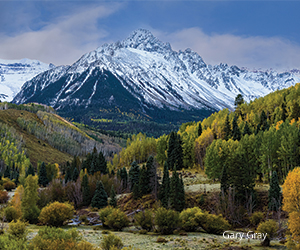
Ease altitude acclimation with a few simple steps
For more information or relief while here, the Roaring Fork Valley (Basalt) has many health resources, one is The Aspen Clinic (TAC) with several experienced performance specialists to get the most out of your activities.- Get plenty of sunshine leading up to and during your acclimation. Sunlight helps with carbohydrate utilization. Even visit a tanning booth for short lengths of time, to increase Vitamin D.
- Practice good breathing to acclimate you to the sensation of air hunger you experience from the thin air higher up. Example: 3 second inhale, 3 second hold, 3 second exhale, 3 second hold, repeat.
- Eat more fruit prior to and during your trip to increase your carbohydrates, allowing for more CO2 production as they are broken down, and to increase healthy vitamin and mineral intake to improve carbohydrate utilization for energy.
- Stay hydrated. Compared to just water, fluids like coconut water and orange juice have great electrolytes and other micronutrients that give you fuel as well. Good carbohydrate metabolism aids breakdown in and of itself to also create more H2O.
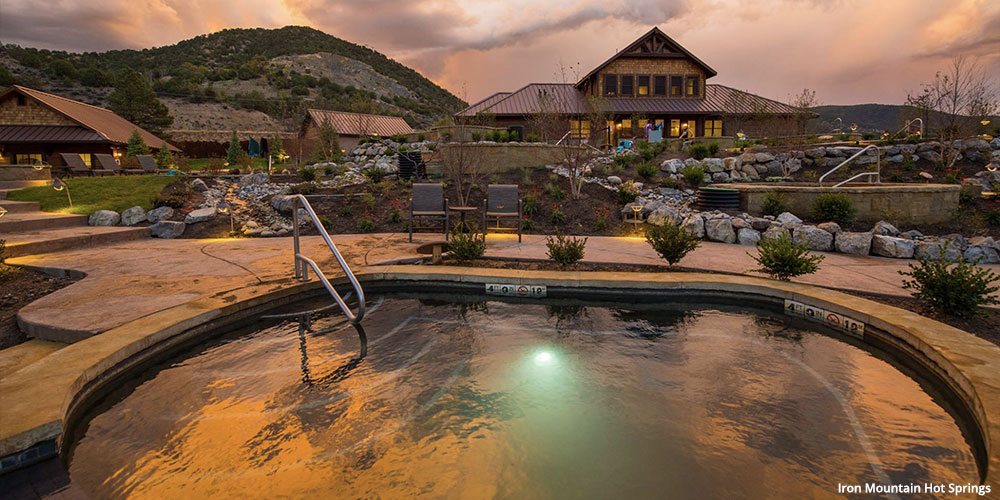 Getting Here
Getting Here
Flying into DIA or driving up here from Texas means getting ready for a stay at a higher altitude. Altitude sickness is caused by ascending to higher elevations too rapidly and not allowing the body time to adjust to the reduced oxygen levels. The most common symptom is a headache. More severe reactions to altitude include insomnia, vomiting, reduced performance and coordination. The best recourse is to just rest where you are. Mild and more severe symptoms are often the worst after the first night and get better within a day.
Those who have traveled to elevation before, are in "good shape", or just more resilient are usually less affected. If you have concerns about altitude sickness, it's best to work on your conditioning and follow the steps above to help yourself through the acclimation period.
by Kayla Bruegger

